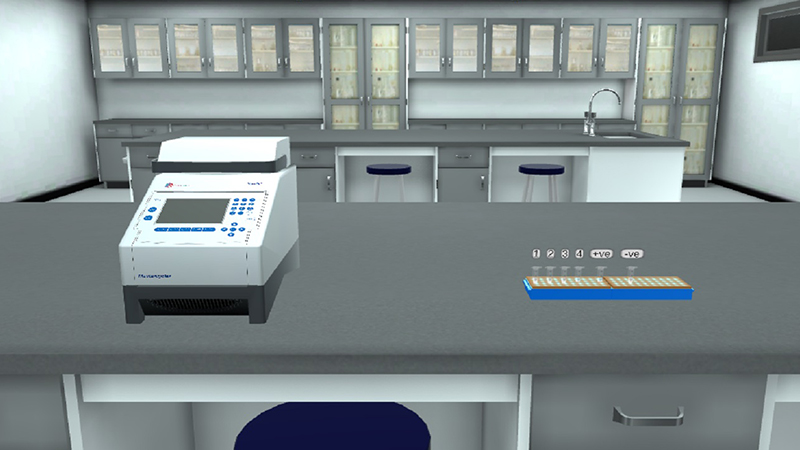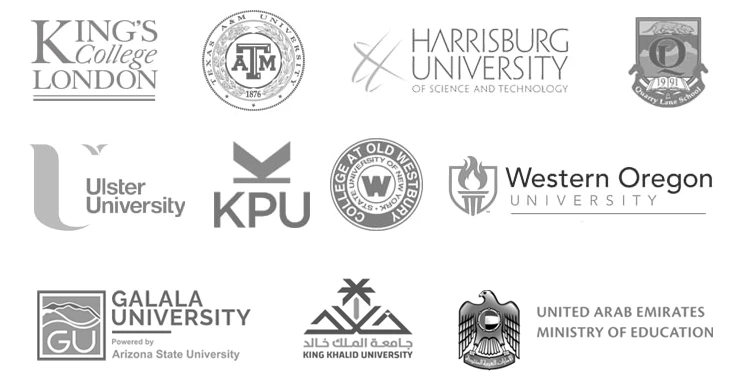Conventional PCR Virtual Lab
Biology | Molecular Biology | Biochemistry | Genetics | Microbiology






2.5M+
Active Users Worldwide
80%
Improved Learning Retention
60%
Reduction in Laboratory Costs
Taq polymerase PCR
By the end of conventional PCR experiment by using pcr interactive simulation, student will be able to:
A PCR virtual lab set up requires several components and reagents.
These components include:
In PCR virtual lab,the PCR reaction follows the following steps:




